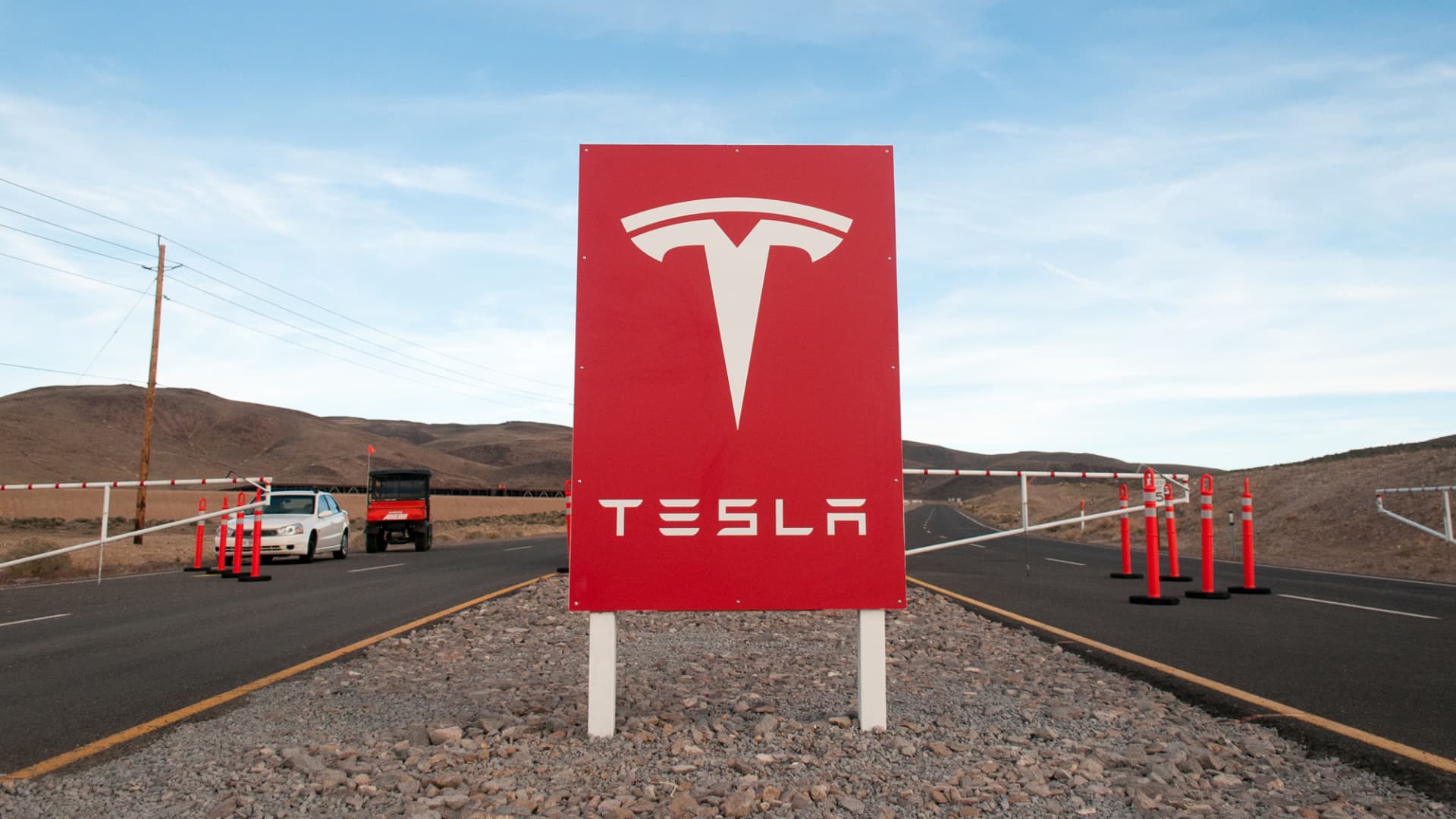Tesla has revealed plans to implement a pay increase of about 10% for fixed-rate hourly workers at its battery factory in Sparks, Nevada, starting in January 2024. The move aims to address cost-of-living adjustments and streamline pay tiers, offering hourly wages ranging from $20 to $22 on the low end and $30.65 to $34.50 on the high end. This adjustment represents a substantial raise for most hourly workers, with increases ranging from $2 to $8.30 per hour.
Background: The decision to raise wages comes amidst growing efforts by workers to form a union at Tesla, mirroring recent successes by the United Auto Workers (UAW) in securing record contracts with major automakers. The UAW has expressed its intention to extend the push for unionization to non-unionized automakers like Tesla, potentially leading to collective agreements in Nevada.
Impact on Unionization Efforts: Tesla’s move to increase wages can be seen as a preemptive measure to dissuade workers from actively pursuing unionization. The company has not responded to inquiries about the pay raises and their connection to unionization concerns. The UAW has been vocal about its plans to challenge Tesla and other non-unionized automakers, and this wage increase might be a strategic response by Tesla to address worker concerns.
Labor Strikes and Global Impact: In recent months, labor strikes have emerged at Tesla service and collision repair centers in Sweden, expanding to Denmark, Finland, and Norway. The strike involves workers in various services supporting Tesla, such as shipping and waste management. A Danish pension fund has divested its Tesla stock over concerns about the company’s stance on labor unions, highlighting the global impact of labor-related issues on Tesla’s reputation.
Cost of Living Adjustments and Talent Competition: Apart from addressing unionization concerns, Tesla’s decision to provide significant cost-of-living adjustments aims to retain and attract talent at the Nevada Gigafactory. The company faces growing competition for skilled workers in the electric vehicle industry. The move follows Tesla CEO Elon Musk’s involvement in various controversies, including those related to the social media platform he acquired last year.
Conclusion: Tesla’s wage increase for hourly workers at the Nevada Gigafactory reflects the complex dynamics between the company and its workforce, including concerns about unionization, labor strikes, and talent retention. As the automaker navigates these challenges, the wage adjustment can be seen as a strategic move to address immediate labor issues and foster a positive working relationship with its employees in an evolving landscape.







